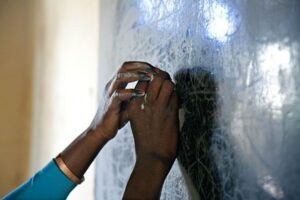
11 November 2010. El Fasher: Supervisor Radia Ibrahim Hamid and the translator to the sign language, Abdelatif Adam Ibrahim, are teaching mathematics to the students at the North Darfur Association for the Disabled, in El Fasher. Photo by Albert Gonzalez Farran / UNAMID
Interview with Susy Ndaruhutse, co-convenor for sub-theme on Inclusive Education for Sustainable Development
What excites you about this theme?
I recently read an article in the Scientific American called ‘How diversity makes us smarter’. It was a really interesting and thought-provoking read, summarising decades of research which shows that socially diverse groups are more innovative than homogenous groups when it comes to problem-solving. You might wonder what on earth this has to do with the conference sub-theme ‘Inclusive Education for Sustainable Development’… but it has got me thinking about the wider societal benefits of ensuring that our education systems and classrooms don’t just become stratified and homogenous, but are truly inclusive and involve integrating children and young people with different social, economic, cultural and ethnic backgrounds and different life experiences and perspectives. In this way, teachers and learners are likely to be challenged to think more “outside the box” in how they live life. This may not always be easy or comfortable either for learners or for teachers as this means adapting the curriculum to make it relevant to the changing society we live in, and at times challenging our own, sometimes hidden, prejudices.
So to answer the question, what excites me about this sub-theme is thinking about inclusion from the perspective of the multiple benefits of diversity.
How does this link to the overall 2017 conference theme?
Development is more likely to be sustainable over time when it is broadly inclusive and participatory rather than perceived as being imposed on the world by an elite. Learning and teaching for sustainable development will only be possible where all children and young people are able to access education and participate in relevant learning. If large numbers of children and young people remain excluded from education, or are largely disengaged in education due to the teaching being neither appropriate nor relevant for their needs, we know from history that this does not lead to more socially equitable and peaceful societies, so is less likely to contribute in a rounded way to the sustainable development agenda.
What kinds of papers/ events would you like to see submitted under your theme?
I would like to see a range of papers and approaches submitted under this theme. Often, papers at education conferences where there is a sub-theme on marginalisation or inequality focus on successful small-scale targeted interventions in a particular country/context. I am keen to see some of these, but by deliberately choosing to have the word ‘inclusion’ in this sub-theme, I would also like to see some innovative thinking around conceptual frameworks for inclusion as well as approaches that have taken a system-wide and scale-able approach to inclusion and have been tried and adapted across several countries/contexts. I would also very much welcome non-traditional approaches e.g. proposing a chaired session, leading to a facilitated discussion session, where a diverse set of ideas are presented around a topic by presenters from different constituencies and perspectives. Papers looking at how to collect and use disaggregated data for targeting marginalised groups without it costing the earth would also be welcome.
Susy is co-convening the sub-theme with Amy Parker, who has also given her thoughts.

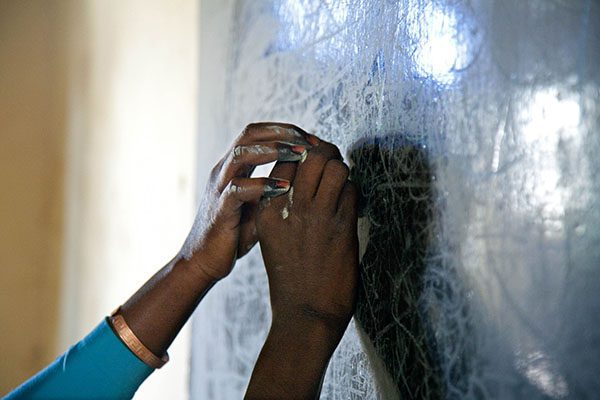
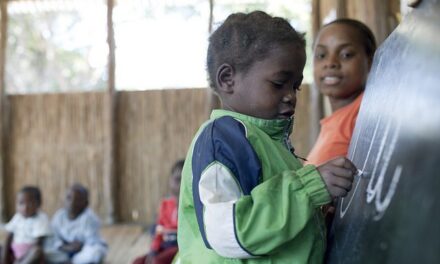
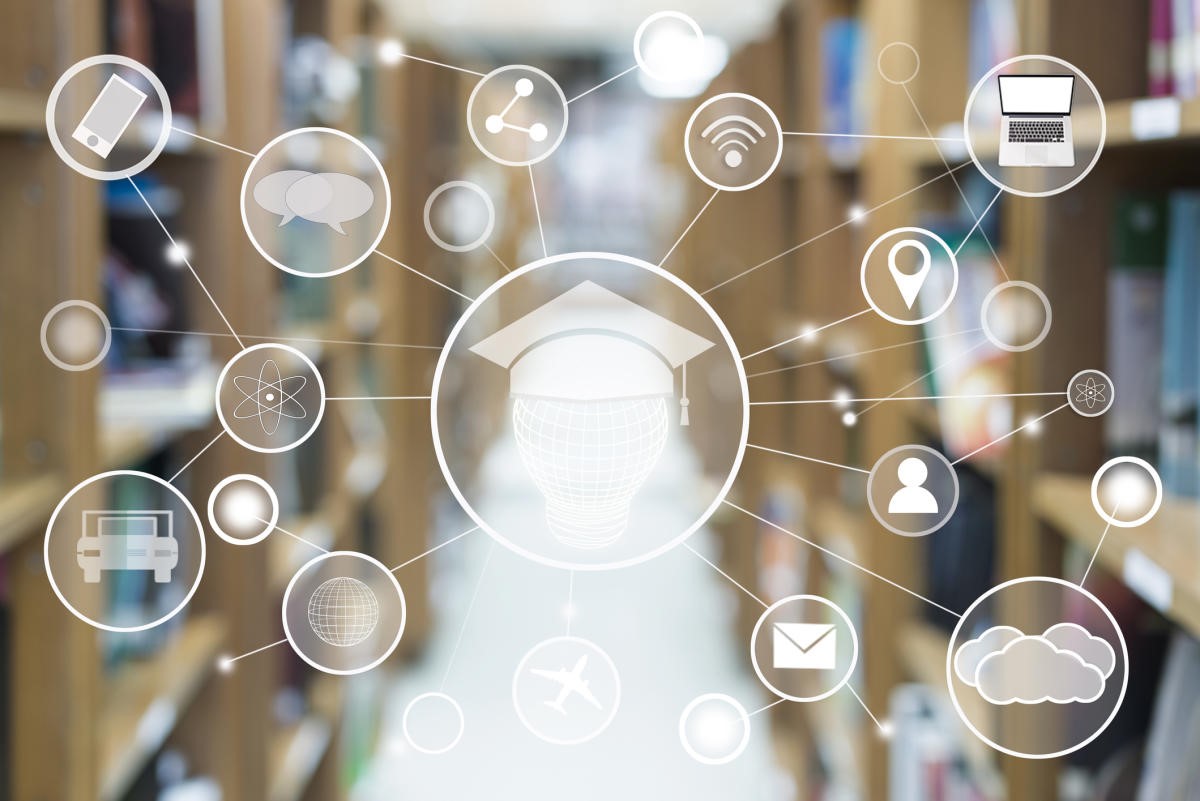
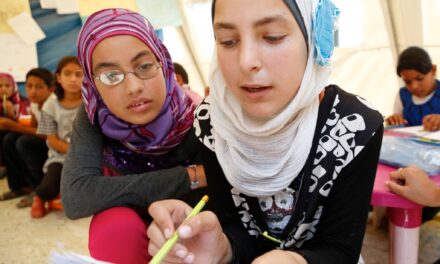
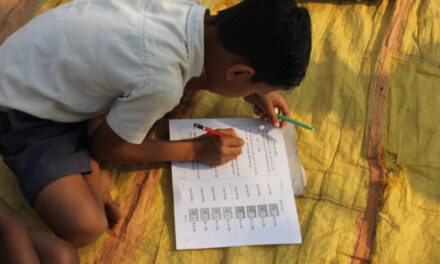
A wonderful article. Education in diversity is truly one of the most important lessons we need to pass on to our future generations, and it is important to imbue such concepts at a young age. Keep up the good articles, looking forward to reading more on this topic. Regards
Yes Tim i also agree with you totally.
If the education systems are able to encompass every aspect in life then we are headed in the right directioon more so for the future generation to come. I love reading your articles , keep on doing the good work